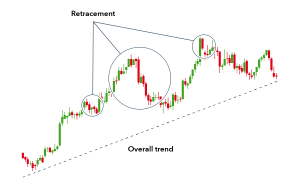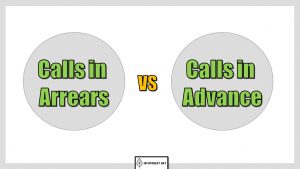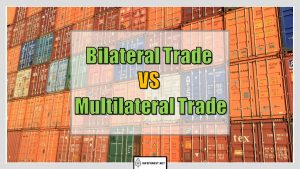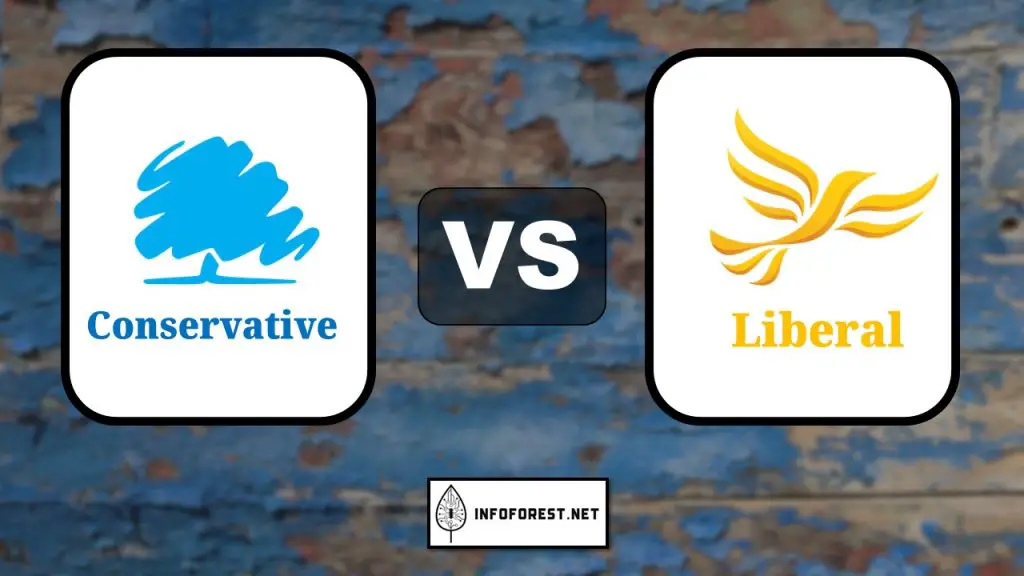
In this article, we are going to analyze Conservative vs Liberal, or in other words, the differences between Political Conservatism and Liberalism. Political ideologies are complex and multifaceted, and it can be difficult to make generalizations about them. However, one way to think about the difference between conservatives and liberals is in terms of their views on social and economic issues.
Conservatives generally believe in individual responsibility, limited government, free markets, and a strong national defense. They tend to be more skeptical of government intervention and support lower taxes, less regulation, and traditional values.
On the other hand, liberals tend to believe in a strong social safety net, more progressive taxation, and more regulation to protect the environment and workers’ rights. They are generally more supportive of civil liberties and social justice, and more open to immigration and diverse lifestyles.
These are broad strokes, and there is a lot of variation within each ideology. It’s also important to note that people’s political views are often influenced by a variety of factors, including their personal experiences, cultural and social backgrounds, and the specific issues that are most important to them.
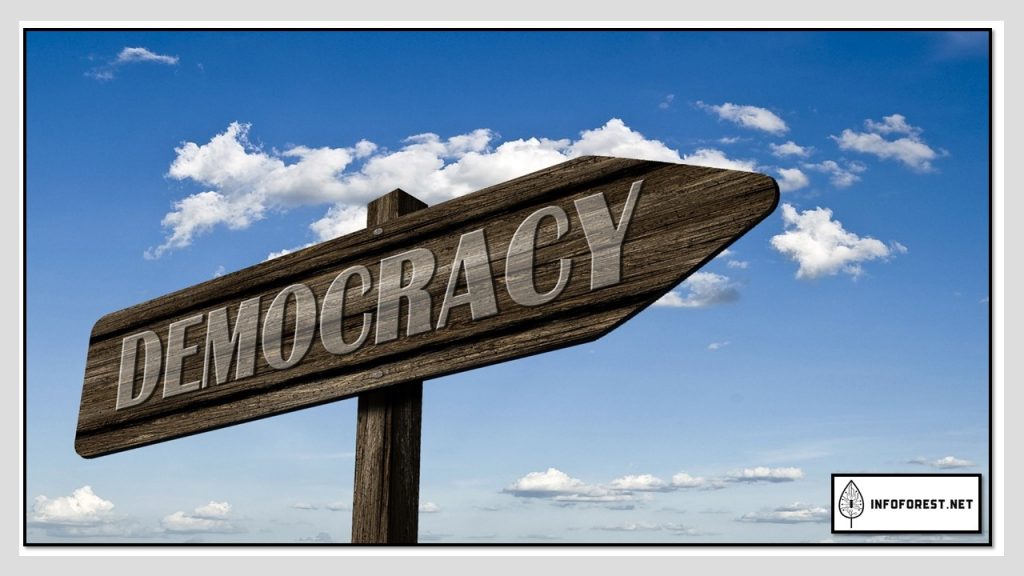
What is Political conservatism
Political conservatism is a political ideology that advocates for the preservation of traditional institutions and limited government intervention in social and economic affairs. Conservatives generally believe in individual responsibility, limited government, free markets, and a strong national defense. They tend to support lower taxes, less regulation, and traditional values such as family, religion, and community.
Political conservatism can vary from country to country, and even within a country, there can be different strains of conservatism with different priorities and policies. However, some common themes among conservatives include a belief in limited government, individual responsibility, and support for traditional values and institutions.
Political conservatism is often contrasted with liberalism, which is a political ideology that advocates for individual freedom, civil liberties, and social justice. Liberals tend to support a stronger social safety net, progressive taxation, and more regulation to protect the environment and workers’ rights. They are generally more open to immigration and diverse lifestyles and are more supportive of civil liberties and social justice.
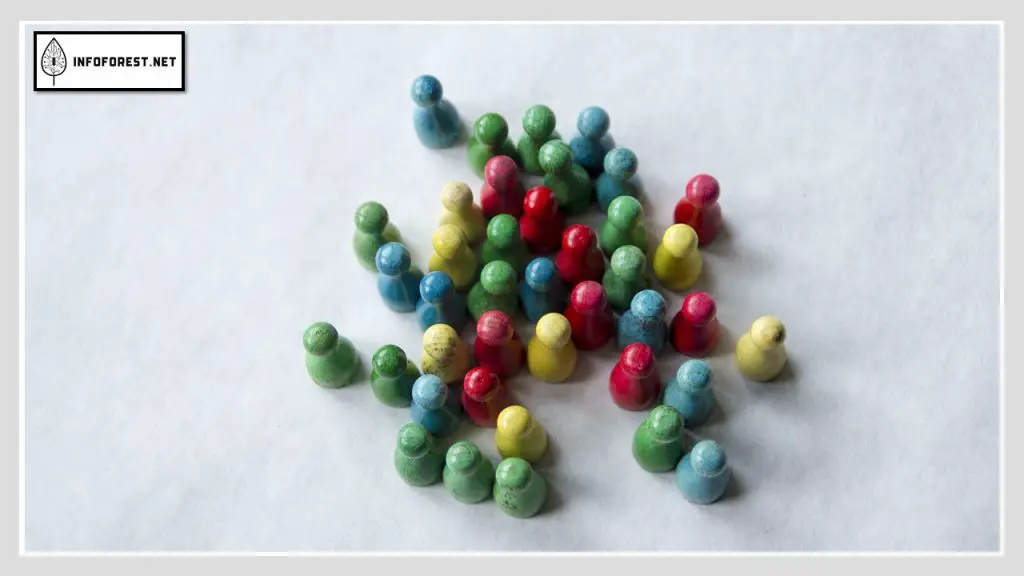
What is Liberalism
Liberalism is a political ideology that advocates for individual freedom, civil liberties, and social justice. In the context of politics, liberals tend to support a strong social safety net, progressive taxation, and more regulation to protect the environment and workers’ rights. They are generally more open to immigration and diverse lifestyles and are more supportive of civil liberties and social justice.
Liberals believe in the importance of personal freedom and individual rights, and they support a strong system of checks and balances to prevent abuses of power. They are often more willing to use government intervention to address social and economic issues, and they believe that a strong social safety net is necessary to ensure that all members of society have access to basic necessities such as healthcare, education, and a decent standard of living.
Political liberalism can vary from country to country, and even within a country, there can be different strains of liberalism with different priorities and policies. However, some common themes among liberals include a belief in individual freedom, civil liberties, and social justice, and a willingness to use government intervention to address social and economic issues.
Main differences between Liberalism and Conservatism
Liberalism and conservatism are two political ideologies that are often at odds with each other. While there is a lot of variation within each ideology, some general differences between liberalism and conservatism include:
- Social safety net: Liberals tend to support a strong social safety net, including programs such as welfare, unemployment insurance, and healthcare, to ensure that all members of society have access to basic necessities. Conservatives, on the other hand, tend to be more skeptical of government intervention and believe that individuals and private organizations are better equipped to solve problems and address social needs.
- Taxes and regulation: Liberals generally support higher taxes on the wealthy and more regulation to protect the environment and workers’ rights. Conservatives tend to favor lower taxes and less regulation, arguing that they encourage economic growth and individual responsibility.
- Individual freedom and social justice: Liberals tend to place a greater emphasis on individual freedom and social justice, and they support policies that promote civil liberties and equality. Conservatives generally prioritize traditional values and institutions, and they may place more emphasis on law and order.
- Government intervention: Liberals are generally more willing to use government intervention to address social and economic issues. Conservatives tend to favor a smaller government with limited intervention in these areas.
These are broad generalizations, and it’s important to note that there is a lot of variation within each ideology. Political views are often influenced by a variety of factors, including personal experiences, cultural and social backgrounds, and the specific issues that are most important to individuals.
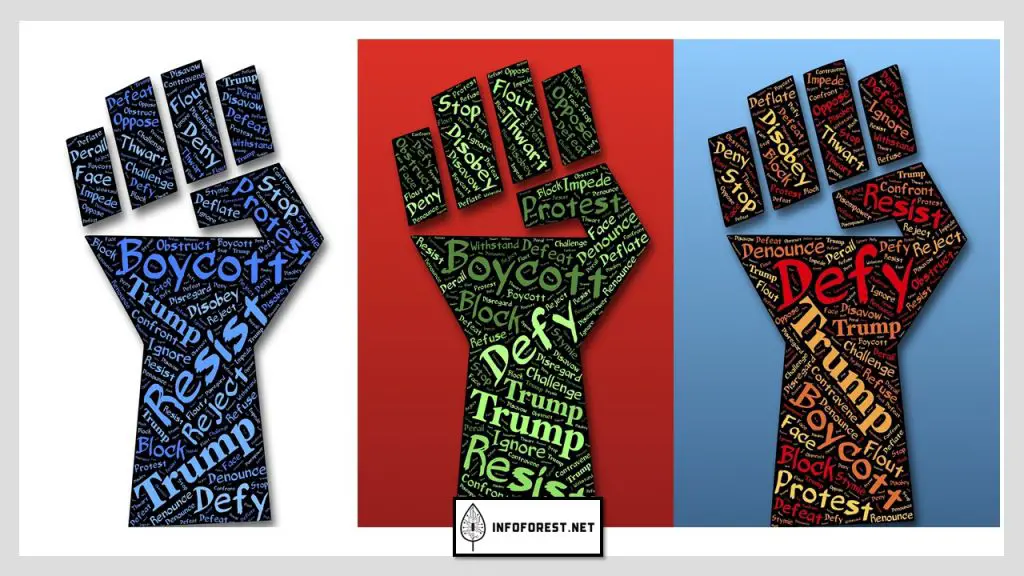
Comparison Table for Conservative vs Liberal
Here is a table that compares some key differences between conservatism and liberalism:
| Conservatism | Liberalism |
|---|---|
| Individual responsibility, limited government | Strong social safety net, government intervention to address social and economic issues |
| Lower taxes, less regulation | Higher taxes on the wealthy, more regulation to protect the environment and workers’ rights |
| Traditional values and institutions | Individual freedom, civil liberties, and social justice |
| Skeptical of government intervention, believe in private solutions to social issues | Willing to use government intervention to address social and economic issues |
| Strong national defense | May prioritize international cooperation and diplomacy |
It’s important to note that these are broad generalizations, and there is a lot of variation within each ideology. Political views are often influenced by a variety of factors, including personal experiences, cultural and social backgrounds, and the specific issues that are most important to individuals.
Most Viewed Articles
Conclusion of Conservative vs Liberal
In conclusion, conservatism and liberalism are two political ideologies with a long history and many variations. Conservatism generally emphasizes individual responsibility, limited government, free markets, and a strong national defense, and it tends to support lower taxes, less regulation, and traditional values. Liberalism, on the other hand, emphasizes individual freedom, civil liberties, and social justice, and it tends to support a strong social safety net, progressive taxation, and more regulation to protect the environment and workers’ rights.
Political views are often influenced by a variety of factors, including personal experiences, cultural and social backgrounds, and the specific issues that are most important to individuals. It’s important to understand and respect the diversity of viewpoints that exists within any society and to work towards finding common ground and solutions to the challenges we face.
We also invite you not to miss our other popular articles such as:
Difference between left and right Twix–Difference Between Eastern Time Zone and Central Time Zone–Difference Between Capitalism and Communism– Difference Between EST and EDT–How many weeks in a Year– Difference Between Evening and Afternoon – Democrat vs Republican – Kilometer vs Mile – Left Wing vs Right Wing and Difference Between Zip Code and Postal Code
References
https://www.merriam-webster.com/dictionary/conservative
https://dictionary.cambridge.org/dictionary/english/conservative




